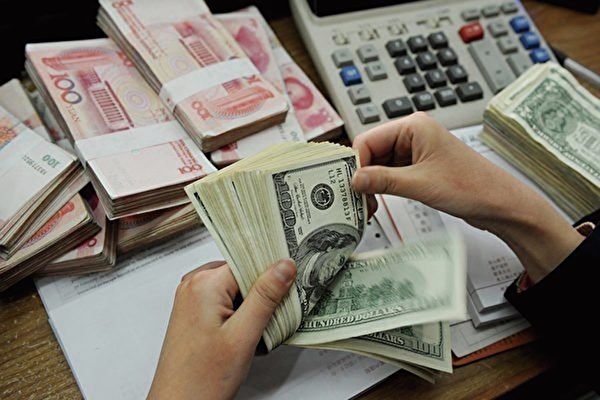In an environment where the political and economic situations in China continue to deteriorate, foreign investment has been declining for 13 consecutive months. In the first half of this year, China’s actual use of foreign direct investment (FDI) decreased by 29.1% compared to the previous year.
On July 12th, data from the Chinese Ministry of Commerce showed that the actual use of foreign investment nationwide in the first half of the year amounted to 498.91 billion yuan, a 29.1% decrease compared to the same period last year. This decline marks a widening from the 28.2% drop seen in the first five months of the year, continuing the downward trend since June 2023.
Professor Sun Guoxiang from the Department of International Affairs and Business at South China University recently told a reporter from Dajiyuan that the continuous drop in foreign direct investment in China can be attributed to several factors. Firstly, the shrinking domestic market in China, secondly, the treatment of foreign businesses by the Chinese Communist Party (CCP), and thirdly, the geopolitical and economic aspects such as the issue of supply chain restructuring.
According to Professor Sun, the CCP lacks the capability to implement any policies to reverse the current economic downturn. He emphasized the need for comprehensive structural and systemic reforms in both the economic and political systems in China to address the numerous issues plaguing the country’s economy.
On March 19th, the CCP State Council Information Office released the “Action Plan for Increasing Attraction and Utilization of Foreign Investment”, which proposed 24 measures across 5 aspects, emphasizing the need to strengthen the confidence of foreign investors in China. The plan includes reducing the negative list for foreign investment access, fully removing restrictions on foreign investment in the manufacturing sector, and promoting further opening up in the telecommunications and medical fields.
The action plan also includes facilitation of visa measures, with the entry visa validity for key personnel of foreign-invested enterprises and their families extended to two years.
Taiwanese economist and political commentator Huang Shicong commented to Dajiyuan that “Improving China’s investment environment cannot be achieved simply by offering so-called benefits and opening up the market.” He emphasized that the key lies in the CCP’s attitude towards foreign investment, citing the crackdown on numerous foreign consulting firms and the deteriorating political environment between China and the US as major hindrances to foreign investment in China.
“Just saying the market is open will not attract foreign investment. If there are no safety guarantees and the environment is unstable, who would want to invest?” Huang Shicong remarked.

